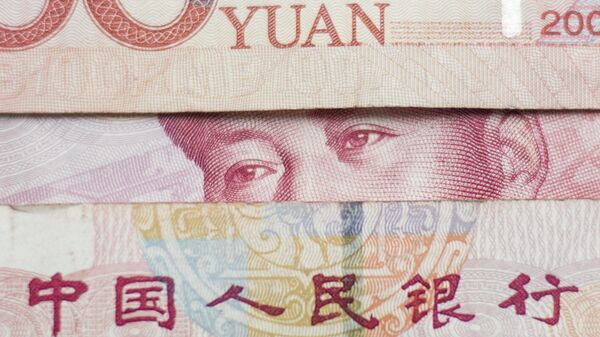Citizens who decide to tap into their inner snitch can earn a cash reward of up to 600,000 yuan, the equivalent of roughly $86,480, AFP reported. The previous guidelines stipulated that citizens could cash in for up to 300,000 yuan.
Illegal content can include anything that poses a danger to national unity, leaks state secrets and disrupts the social order of things. Per the outlet, the latest rules were published by a bureau working under the country's top media regulator.
The announcement of the newly established rules came just one day after the Cyberspace Administration of China (CAC) revealed that it would start requiring detailed user logs from any internet outlet that may be used to trigger "major changes in public opinion."
Although no specific platforms were mentioned in the policy notice, it did indicate that detailed logs would be requested from companies that offer services such as chat functions, webcasts, news providers and blogs, the South China Morning Post reported.
Expected to take effect on November 30, the policy will force companies to reveal the usernames and real names of netizens, network addresses, chat logs, call logs and even the type of device an individual is using.
The assessments will also reportedly include on-site inspections.
And that's not the only revelation made this week from the CAC. On Tuesday, it revealed that it had removed some 9,800 social media accounts tied to independent news providers because they contained "sensational, vulgar or politically harmful content," Reuters reported. This particular campaign began earlier in October.
The government-prescribed cleansing also included a stern warning to the likes of Weibo, a Twitter-like social media platform. The CAC reportedly criticized platform administrators for failing to prevent "all kinds of chaos."
However, despite the agency claiming to have removed accounts for negative content, netizens have raised the alarm, noting that pages that hadn't committed violations were also removed during the internet scrub.
"The one I really don't get is youshuguang, who made no sign of violation and wrote emotive content in a well-behaved manner," Reuters reported one Weibo user writing. "Why were they still blocked?"
"You get blocked if you write truth [and] get blocked if you write lies. So, what are we now supposed to say?" they added. Youshuguang was an art and entertainment blog.
In 2017, the CAC even went as far as ordering online platforms to punish staff who participate in spreading "illegal" content and to create a list of individuals who violate rules. Per AFP, China's social media rulings are part of an overall government push to "promote the healthy, orderly development of the internet [and] protect state security and public interest."




